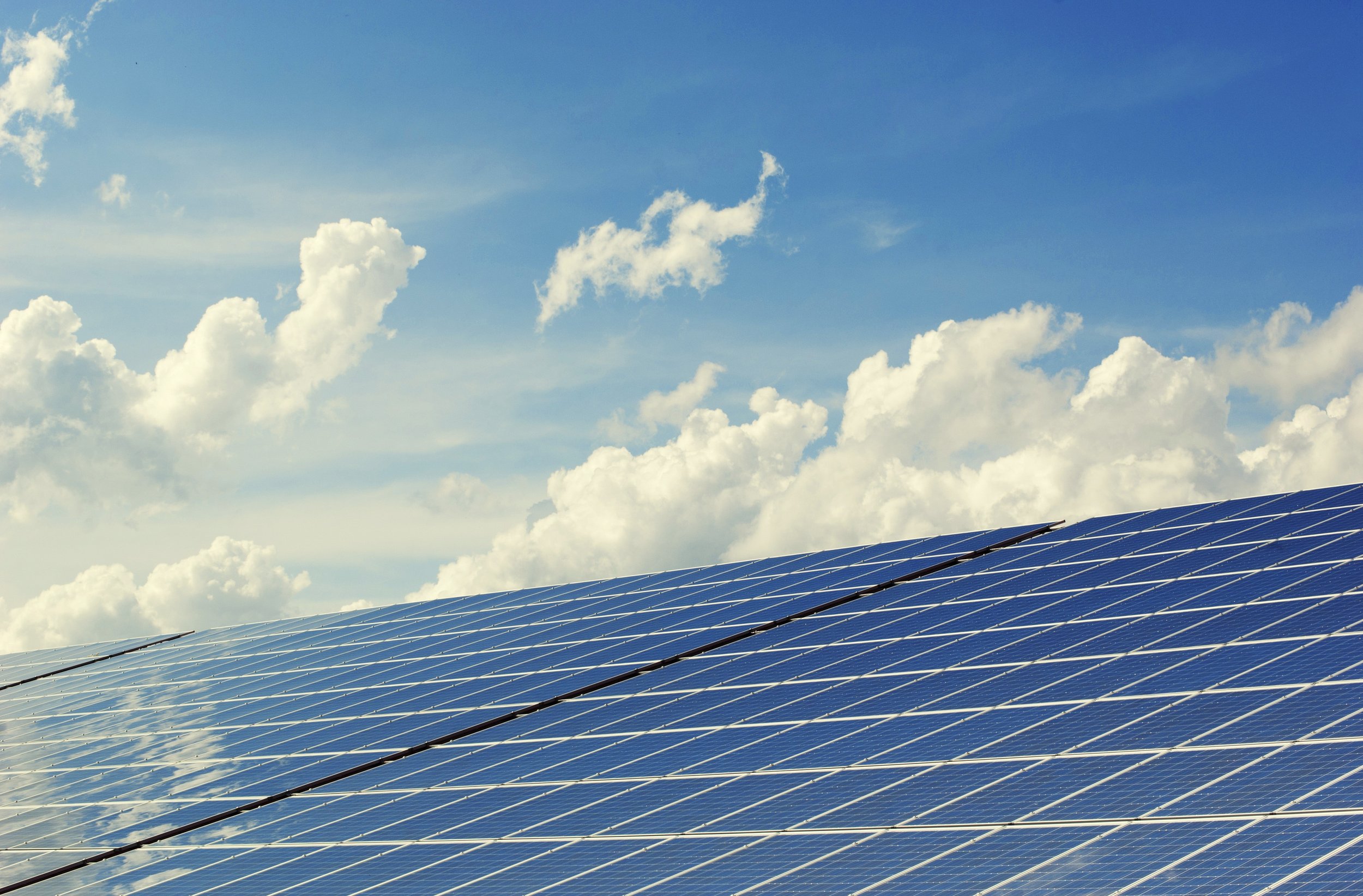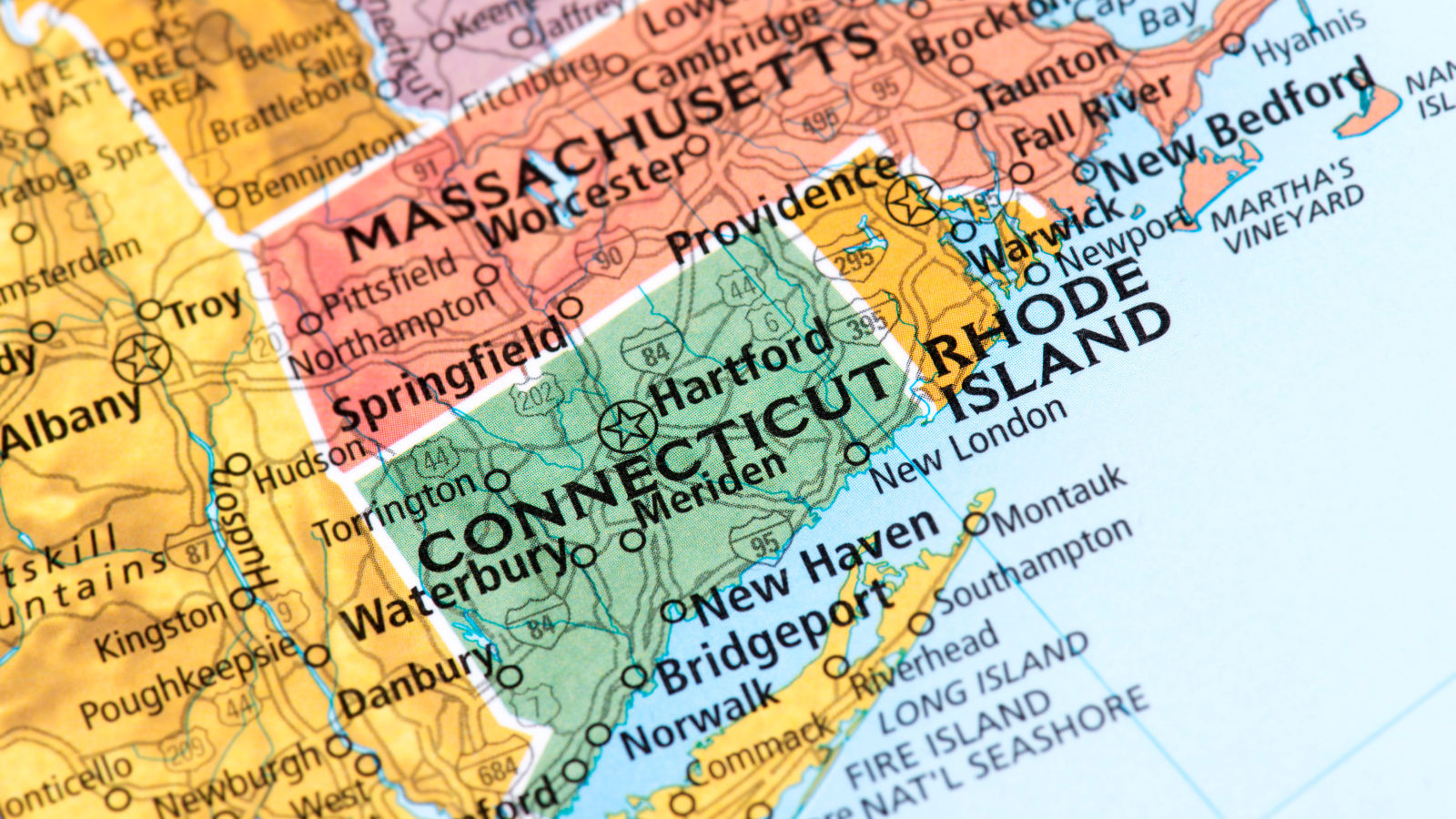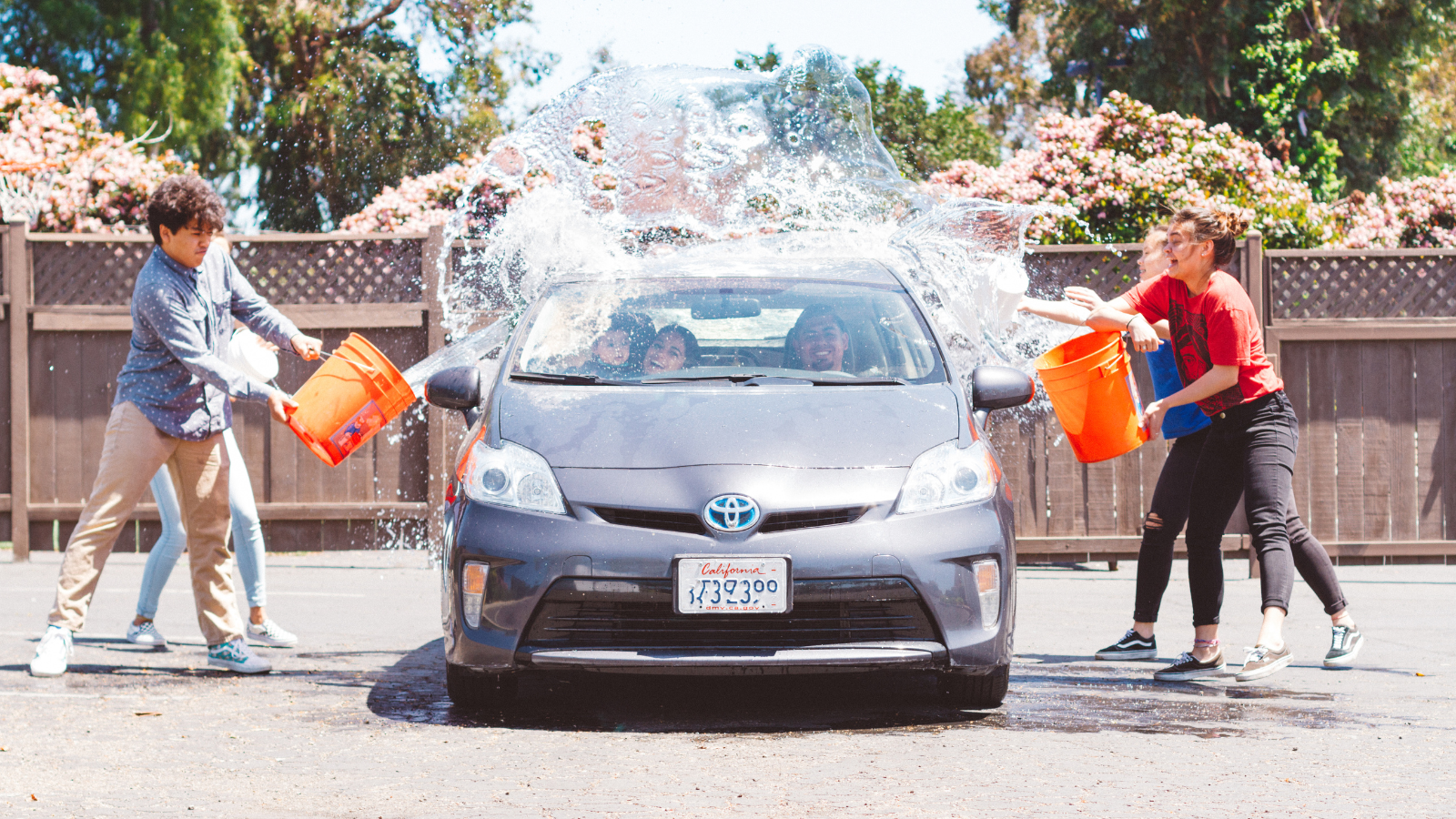Hawaii's Clean Energy Transition is Navigating Challenges and Opportunities Amidst BYOD Program Rollout
In September 2022, Hawaii shut down its sole coal power plant as part of its goal to achieve entirely clean electricity by 2045. To compensate, the state turned to rooftop solar power, encouraging households to add batteries to their solar systems through a program by Hawaiian Electric. This initiative quickly gained traction, with enrollments surpassing 40 megawatts by December 2023 and reducing grid reliance by 15 to 17 megawatts daily.
However, a new program called “Bring Your Own Device” (BYOD) introduced by Hawaii's Public Utilities Commission threatens this progress. Compared to the successful “Battery Bonus” scheme, BYOD offers lower incentives and is more complex, potentially slowing down the adoption of clean energy.
Renewables accounted for 31.8% of Hawaii's electricity generation in 2022, but a significant portion still comes from polluting sources like oil. The urgency to transition to clean energy became even clearer after a devastating wildfire hit Maui and Big Island in August 2023. Solar experts advocate for reinstating the “Battery Bonus” scheme to accelerate Hawaii's clean energy transition.
Read more about this on The Cool Down >
WHY IS THIS IMPORTANT?
Hawaii's move towards cleaner energy affects the whole energy chain, including how we transport fuel and manage distribution networks. When Hawaii changes its energy rules, it can ripple into regulations that affect how we operate our trucks and manage our logistics. Keeping up with these changes is key to staying on the right side of the law.
Cleaner energy is a big deal for everyone these days, including us. We're under pressure to cut emissions and green up our supply chains. Hawaii's shift is part of that bigger picture. As Hawaii invests in solar and batteries, they'll need stuff like construction materials and equipment. That means potential business with all that building and maintenance.
🔥 OUR HOT TAKE?
While Hawaii's move towards clean energy seems like a positive step, it's not without its controversies. Shutting down the coal power plant and promoting rooftop solar may sound completely fine and dandy on paper, but it raises questions about the reliability and affordability of these alternatives.
The introduction of the BYOD program adds fuel to the fire. BYOD offers lower incentives and adds complexity, potentially deterring households from adopting clean energy solutions. That’s not exactly what Hawaii was going for, we think.
Some have suggested that covering the Sahara Desert with solar panels could harness its abundant sunlight and provide a vast, sustainable energy source.
Imagine it's 2024 and the U.S. is on the brink of a modern-day gold rush, but this time, it's all about a new, clean energy source buried right beneath us—geologic hydrogen.
Environmental organizations in California are gearing up for a significant legal battle as the state Supreme Court agrees to hear their case against recent adjustments to the solar compensation rules.
In the vast salt deserts of western India, a colossal energy project is underway, transforming barren landscapes into a renewable energy powerhouse.
Dr. Dan McKorley, Executive Chairman of McDan Group, encouraged the salt industry to adopt more sustainable transportation and logistics practices for a greener future.
Danish investors in DSV are pressing the logistics giant regarding environmental, social, and governance aspects of its $10 billion joint venture in Saudi Arabia, supporting the Neom mega-city project.
A recent nationwide analysis by USA TODAY uncovers a concerning trend that could hinder the United States' clean energy objectives: local governments are outpacing the construction of new utility-scale wind and solar power by imposing bans on such projects.
In Keyser, West Virginia, Sheila Wagoner, like many, isn't fond of the new wind farm dominating the skyline.
In September 2022, Hawaii shut down its sole coal power plant as part of its goal to achieve entirely clean electricity by 2045.
Central Asia is making strides in combating climate change with the construction of its first green hydrogen-wind plant in Uzbekistan.
In a legal move, a federal judge is being urged to issue a halt on construction for a $10 billion transmission line that is intended to carry wind-generated electricity from a remote area in southeastern Arizona to customers as distant as California.
On New Year's Day, the Port of Virginia achieved a significant milestone by becoming the first U.S. East Coast seaport to operate entirely on 100% clean power, accomplishing its goal well ahead of the planned 2032 timeline.
Developers of the proposed offshore wind farm near Long Beach, Long Island, announced the termination of the Empire Wind 2 project due to economic challenges - including inflation, increased interest rates, and supply chain disruptions.
There is a new company on the block called Airloom Energy, a wind energy startup supported by Bill Gates.
The U.S. offshore wind industry is experiencing both challenges and progress in 2023.
The U.S. offshore wind industry is looking to rebound in 2024 after a challenging year in 2023, marked by project cancellations and financial write-offs.
Ocean Infinity, an ocean robotics firm, has entered into a contract with Equinor Wind US LLC to conduct a comprehensive site investigation survey off the coast of Morro Bay, California.
A new report by experts in human rights and the solar industry has raised concerns about the solar supply chain's lack of transparency amid human rights issues.
Connecticut's commitment to becoming zero emission by 2035 stems from a growing recognition of the urgent need to address climate change and its adverse effects on the environment and public health.
The US climate law, the Inflation Reduction Act (IRA), which passed one year ago, has accelerated the adoption of clean energy technology in the country.
The International Maritime Organization (IMO) has announced new global emission-reduction targets, but the ambiguity surrounding the means to achieve these targets is expected to limit new ship ordering.
Environmentalists express disappointment with the outcome of the 80th session of the Marine Environment Protection Committee (MEPC) held by the International Maritime Organisation (IMO), as revised targets for reducing greenhouse gas (GHG) emissions fall short of what is deemed necessary to combat climate change.
Enphase, a leading solar microinverter company, has commenced production of its IQ8 microinverter at a factory in West Columbia, South Carolina.
Spain is investing billions of euros to produce and distribute green hydrogen, aiming to become Europe's hub for clean energy.
The California Transportation Commission (CTC) has granted $42 million to the Port of Oakland for its Green Power Microgrid Project.
As solar capacity in California continues to grow, grid operators are facing challenges related to the "duck curve."
U.S. Transportation Secretary Pete Buttigieg visited the port of Yokohama in Japan and emphasized the importance of establishing "green shipping corridors" to reduce carbon emissions in the shipping industry.
Researchers at the Lawrence Berkeley National Laboratory propose using electric batteries on freight trains to support the power grid during spikes in energy demand.
Shareholders at Toyota's annual general meeting rejected a proposal initiated by AkademikerPension, a Danish investment fund, calling for the automaker to improve its efforts in fighting climate change.






























Tesla Inc. is making headlines again, this time for rehiring members of its Supercharging team, including key manager Max de Zegher, following a surprising round of layoffs initiated by CEO Elon Musk last month.